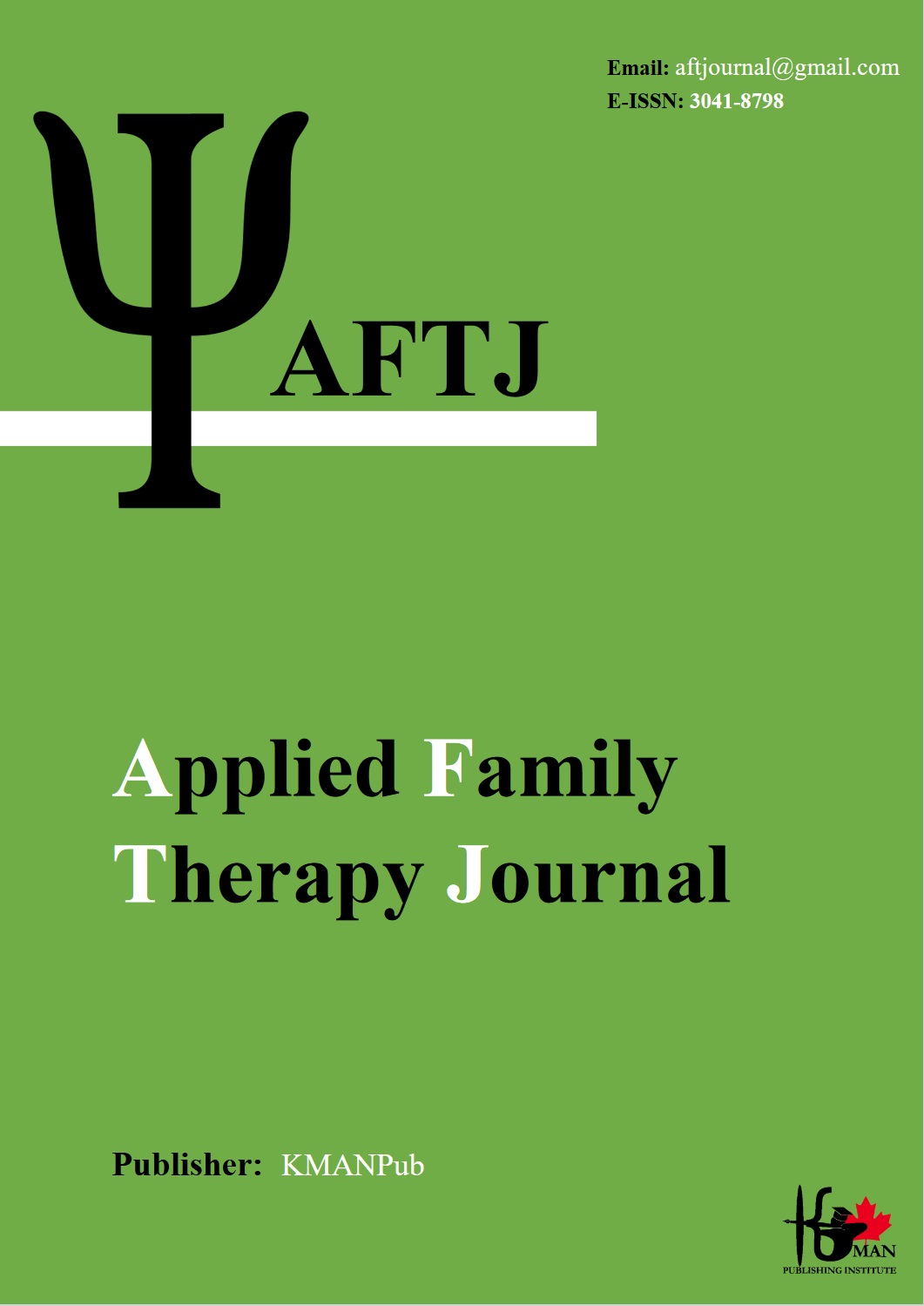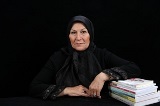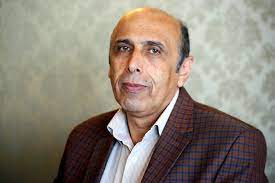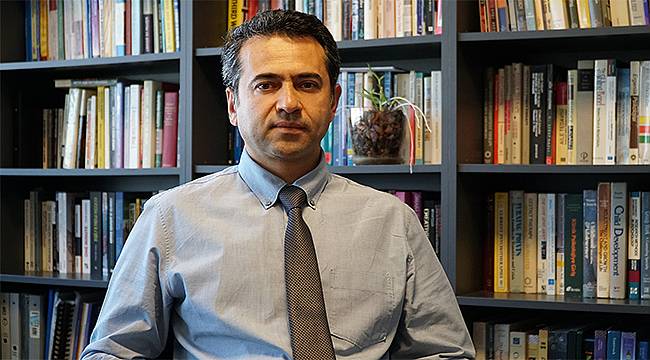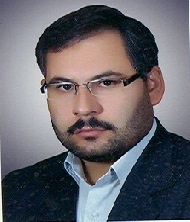Designing a Self-Care Culture Model for the Elderly with a Mixed Approach
Keywords:
Culture, Self-care, Grounded Theory, Interpretive Structural Modeling, MICMACAbstract
Objective: The aim of the present study was to design a model of self-care culture for the elderly, which was conducted using a mixed approach.
Methods: This research is developmental in terms of its objective and is descriptive-correlational based on its methodology, utilizing Excel software for analysis. The statistical population in the qualitative section consisted of 28 academic experts in the fields of medicine, nursing, and sociology. These experts were selected based on criteria such as experience, relevance of academic discipline, educational degree, university teaching, and research and publication background in this area, using purposive and snowball sampling methods.
Findings: The output of this stage included 47 categories in the form of 6 components (self-care knowledge, self-care self-efficacy, self-care skills, spiritual self-care discipline, self-care self-centeredness, and social self-care norms). Self-care knowledge is the foundation for developing a self-care culture among the elderly. Spiritual self-care discipline and self-care self-centeredness fall into the dependent cluster, meaning they are primarily the result of the elderly self-care culture model and changes in other components of the model lead to changes in these components. Additionally, self-care self-efficacy is in the interdependent cluster, indicating that this component is dynamic and any change in it can affect the model. Self-care knowledge also lies in the independent cluster and influences other components.
Conclusion: The self-care culture model provides the groundwork for creating conditions and infrastructures that lead to the empowerment of individuals and society for self-care.
Downloads
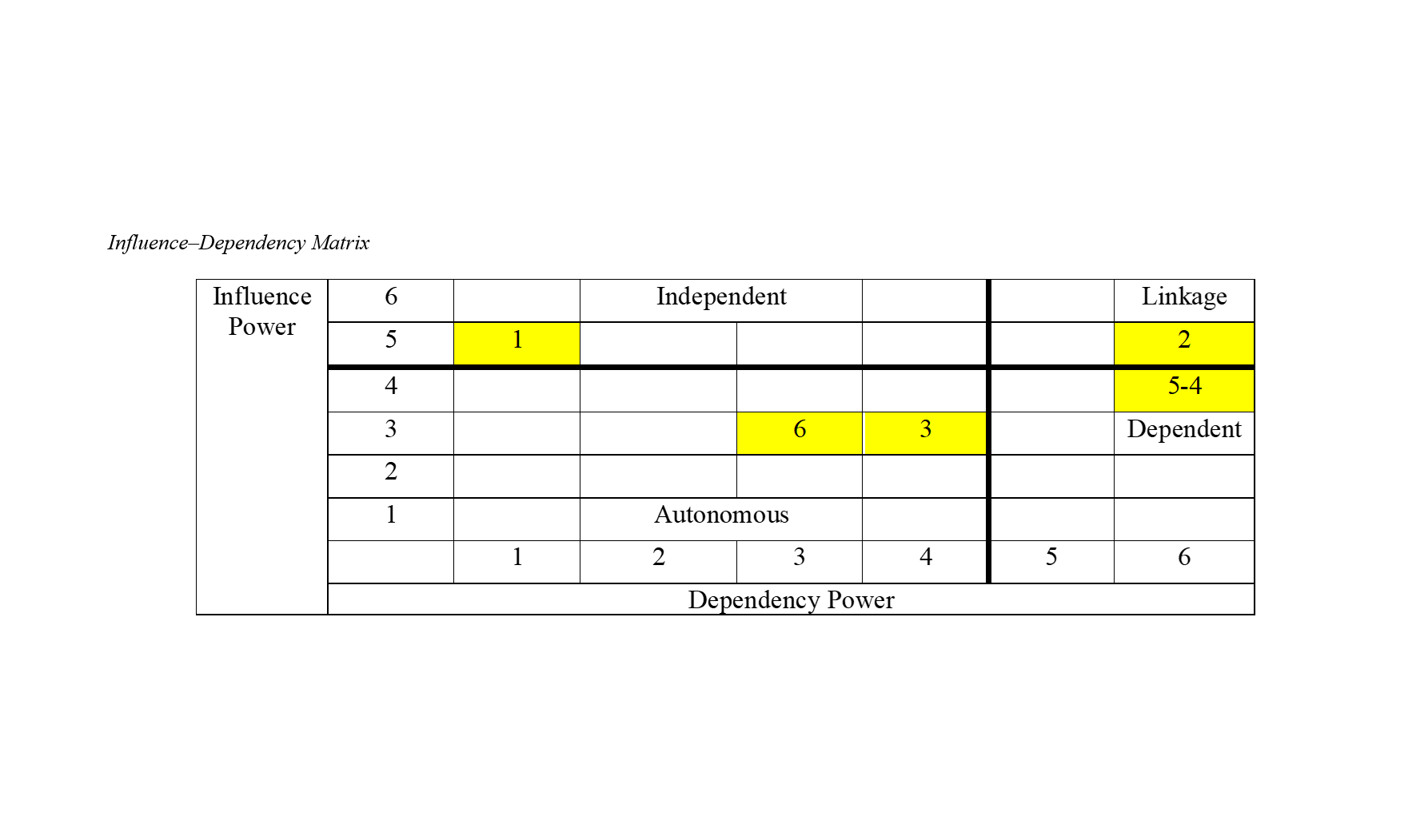
Downloads
Additional Files
Published
Submitted
Revised
Accepted
Issue
Section
License

This work is licensed under a Creative Commons Attribution-NonCommercial 4.0 International License.





